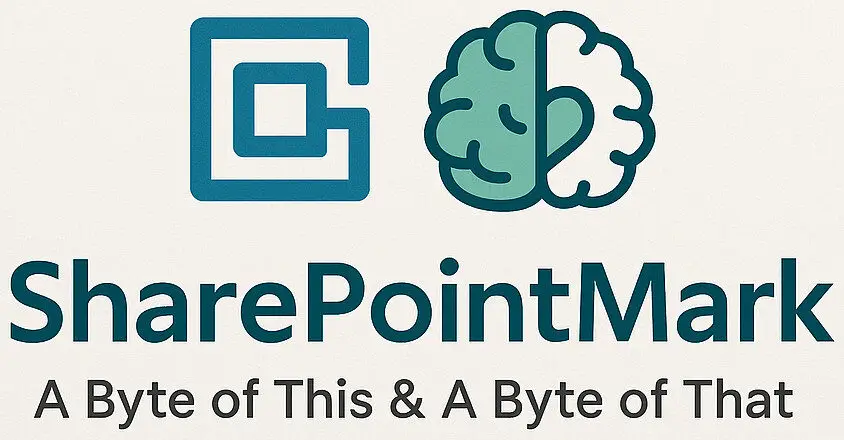Creating a Mental Health Action Plan for Your Business

Creating a Mental Health Action Plan for Your Business When was the last time your business made mental health a true priority? Not a box-ticking exercise, not an annual wellbeing day, but a dedicated, consistent effort to ensure every employee feels supported, heard, and valued? For many businesses, mental health initiatives are often reactive, only addressed when a crisis forces action. Here is the truth: mental health is not a side issue. It is at the very heart of an organisation’s success, a team’s productivity, and the ability to attract and retain the best talent. It is the glue that holds your workplace together and without it, cracks start to show. The Growing Need for Action Recent studies paint a stark picture. As of 2025, over 70% of employees report that work-related stress impacts their mental health. Absenteeism due to mental health challenges costs UK businesses an estimated £56 billion annually. Yet, a large proportion of companies still operate without a concrete plan to address these issues. They remain stuck in outdated models that treat mental health as an afterthought, rather than a strategic imperative. Imagine a different workplace; one where every employee feels safe to speak up, every manager or leader is equipped to respond with compassion, and mental health is embedded in the culture, not hidden behind stigma. Imagine a workplace where employees thrive, and the business flourishes because of it. Why a Mental Health Action Plan is Vital Creating a Mental Health Action Plan is not just about reducing absenteeism or improving retention rates; it is about building a culture of care. It sends a clear message to your team: “We see you.” “We value you.” “We are here to support you.” This plan serves as a roadmap for identifying challenges, implementing solutions, and fostering an environment where mental health is normalised and supported at every level. It is an opportunity to step up as a leader in your industry, not just in business, but in humanity. In this post I will walk you through the critical steps of creating a Mental Health Action Plan for your business (yes it is a personal opinion, yes it is what I believe to be the best benefit for Mental Health Awareness especially in the workplace). Whether you are a small start-up or a large corporation, these strategies are scalable and actionable, designed to make a meaningful impact. From assessing your workplace environment to fostering open communication, I will explore how to build a plan that transforms your workplace culture and empowers your team. By the end of this post, I hope you will not only understand the importance of prioritising mental health, but also have the knowledge to take the first steps towards real change. This is not just another corporate policy, this is about saving lives, nurturing talent, and ensuring your business stands as a beacon of support in an ever-changing world. Understanding the Importance of Workplace Mental Health When was the last time you truly considered the impact mental health challenges take on your employees, not just as individuals, but as a complete workforce? Mental health is no longer an invisible issue confined to the personal realm; it is a profound organisational concern that shapes the success and sustainability of every business. The Hard Truth: Mental Health in Numbers Mental health issues in the workplace have been building for years, but the COVID-19 pandemic brought them to the forefront. Even before 2020, the warning signs were clear. Here is a timeline of the growing mental health crisis, underscoring its impact on employees and businesses: These figures are not just statistics, they represent untold stories of burnout, anxiety, and exhaustion. Each number hides the sleepless nights, panic attacks, and broken lives of employees struggling in silence. The Financial Impact For businesses, the cost of ignoring mental health is staggering. Absenteeism, presenteeism (working while unwell), and high employee turnover are just the surface symptoms of a deeper problem. Research from Deloitte UK (2022) found that for every £1 invested in mental health initiatives, businesses could expect a return of £5.30 in reduced absenteeism and improved productivity. Many organisations still see mental health support as a “nice to have” rather than a necessity. This outdated mindset is not only damaging, it is expensive. Beyond Numbers: The Human Cost Let me step away from the data and focus on the human side. Imagine Claire, a team leader in a fast-paced corporate role. For months, Claire worked late, pushed through deadlines, and ignored the creeping signs of burnout. One morning, she couldn’t get out of bed. Panic attacks took over her life, and she resigned, leaving her employer scrambling to fill her role. Claire’s story is not unique. It happens every day, in every industry, to people who believe they must “power through” to succeed. Businesses lose not just talent but also trust when employees feel unsupported in their struggles. Why This Matters Now The COVID-19 pandemic may have amplified the mental health crisis, but its roots run deeper. Toxic workplace cultures, relentless workloads, and a lack of support systems have created a perfect storm. Yet, there is hope. Businesses that prioritise mental health see profound benefits, including: Improved retention: Employees are more likely to stay when they feel valued. Higher engagement: Teams that feel supported are more productive and creative. Enhanced reputation: Organisations that champion mental health attract top talent and encourage loyalty. Mental health is not a secondary concern; it is the foundation upon which successful organisations are built. By recognising its importance, you are not just supporting your employees; you are future-proofing your business. This is your opportunity to create a workplace where mental health is not stigmatised but celebrated as part of a thriving culture. Steps to Develop a Mental Health Action Plan Developing a Mental Health Action Plan is not just about ticking boxes; it is about creating a roadmap that truly addresses the needs of your employees and delivers
